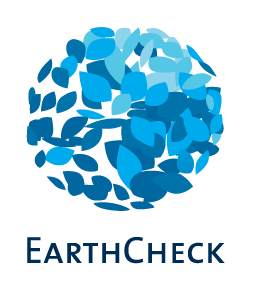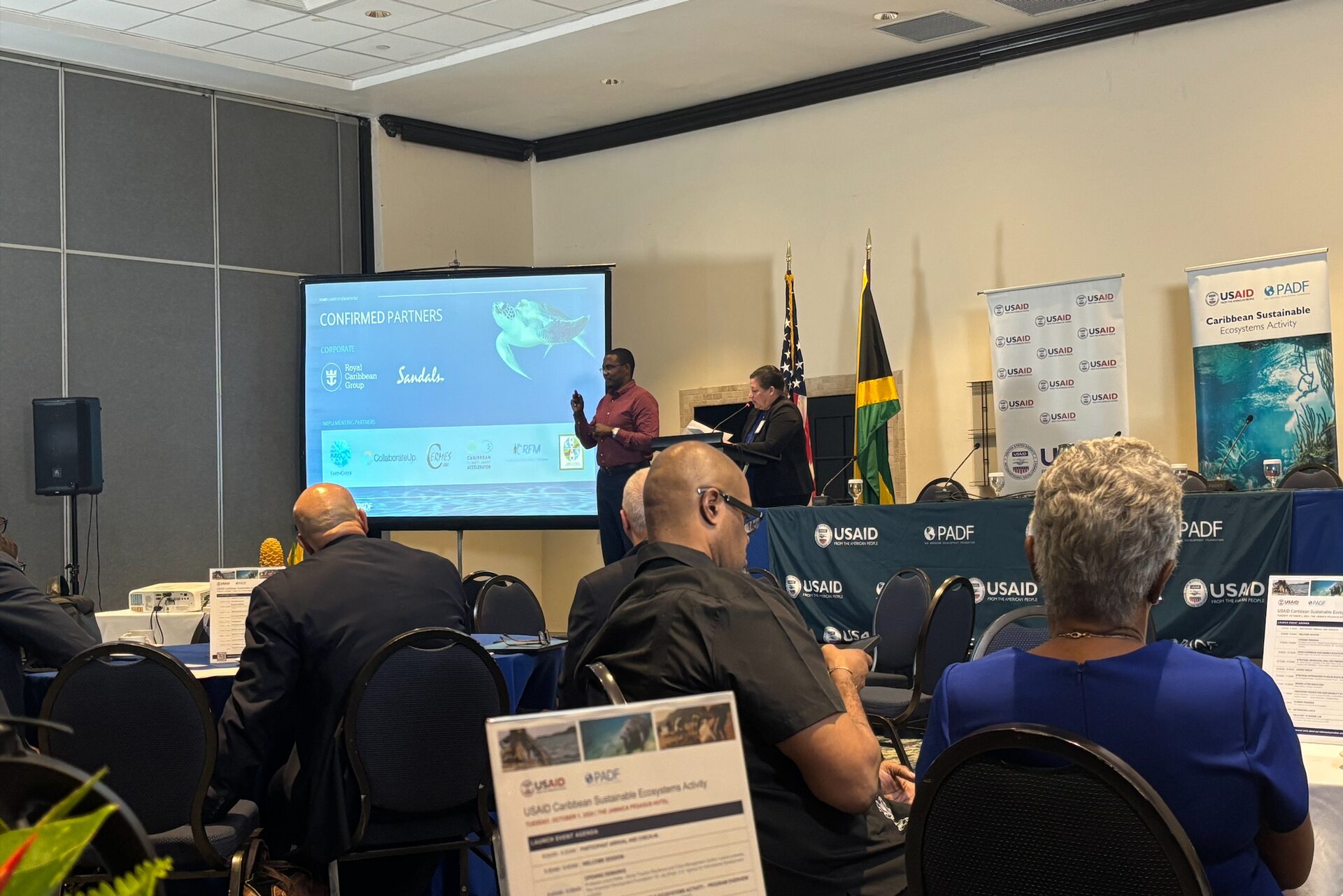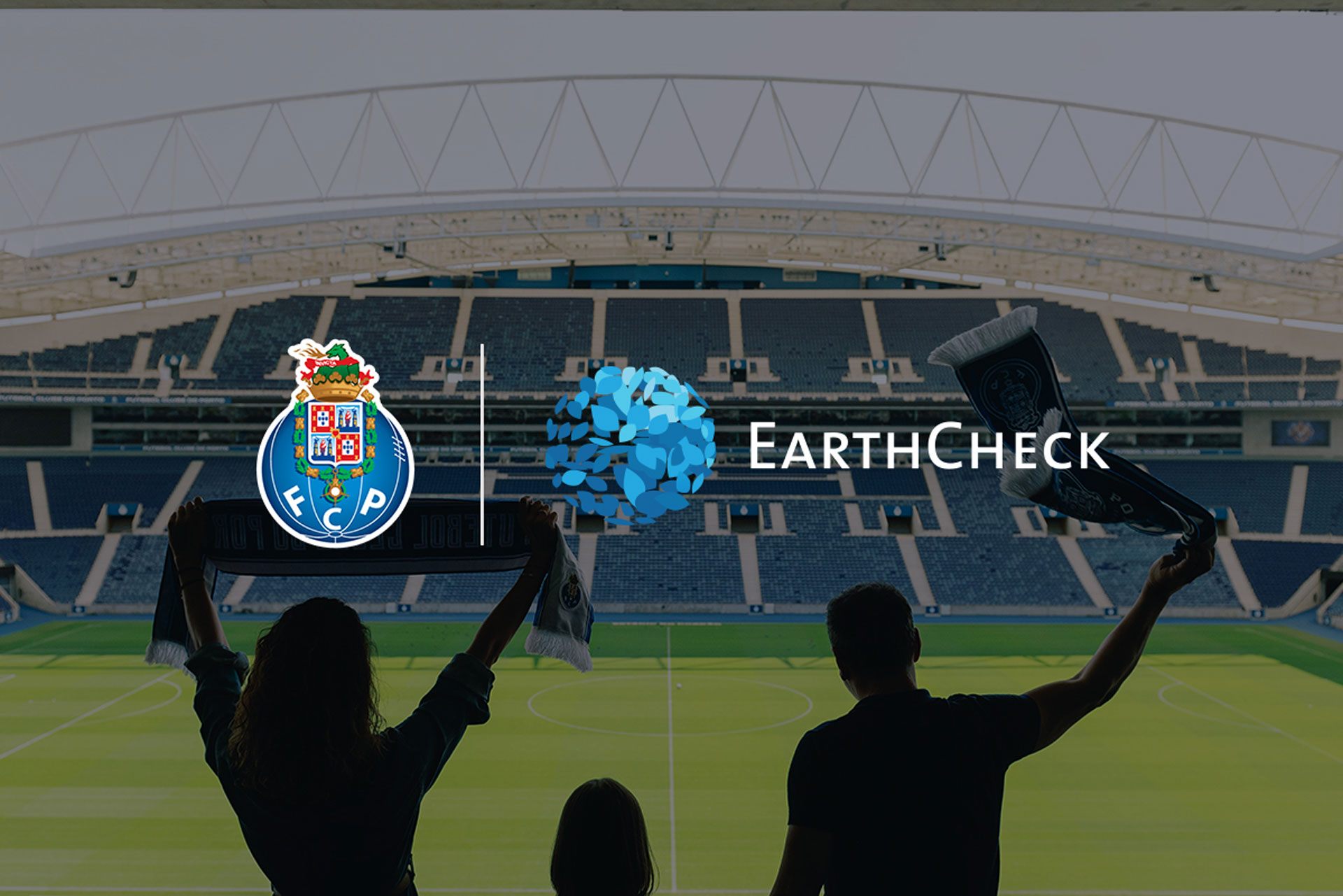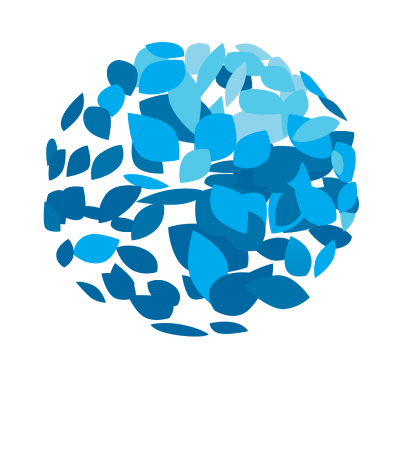Let’s talk about environmental sustainability – a hot topic among today’s travellers.
More than any other generation, millennials enjoy traversing the globe in search of bespoke experiences and wayside adventures.
Why millennials travel
According to travel and leisure stats curated by Lindsay, Stone & Briggs, 82 percent of millennials vacationed in 2015 (versus 75 percent of all US consumers), and 86 percent of those that did wish to experience a new culture.
Millennials are also twice as likely as other generations to vacation for the sake of adventure. However, it’s their simultaneous concern for the environment that really sets them apart from other generations of travellers.
A more responsible generation of travellers
Forbes, Inc., Nielsen and others indicate that environmental factors influence millennial spending not only regarding travel but also regarding food, clothing, beauty products, personal care items.
A few specific examples are Fair Trade Certified™ products, such as chocolate, clothing and coffee. This certification ensures just business dealings with the people who helped to make them. Another example is the Cruelty-Free designation that indicates that no animals were used for product testing. Millennials view these efforts as simple ways to benefit the world and the environment in the course of their everyday lives.
With millennials dominating the workforce and the economy, it’s imperative for businesses to take their perspective into account. This is particularly pertinent in the travel and leisure industry, which combines millennials’ love of travel with their concern for the environment.
Research reveals that a growing number of millennials can afford luxury travel options, making it easier for them to invest in ecofriendly cuisine, accommodations and other amenities.
Iván Chávez is Executive Vice President (EVP) for Grupo Vidanta, a leading resort developer in Latin America. Some of the world’s top resorts — Grand Luxxe, The Grand Mayan, The Grand Bliss, The Bliss and Mayan Palace – are under his purview. He was also instrumental in the company’s pioneering broadening of offerings such as Mexico’s first resident Cirque du Soleil show in Vidanta Riviera Maya.
Besides overseeing the expansion of the company’s top luxury leisure resort brands, Chávez also spearheads corporate initiatives such as ones related to sustainability.
Grupo Vidanta has been certified by EarthCheck for the past 12 years, and Vidanta Riviera Nayarit has achieved Platinum Certification, a continued commitment of more than 10 years. The organisation employs a staff of more than 35 specialised environmentalists to both ensure compliance with the system while training others in its operation.
Chávez has the following advice for resort operators who want to appeal to environment-conscious travellers:
Water conservation
The Earth’s abundant supply of fresh water may make it seem like an inexhaustible commodity, but anyone who’s experienced drought or illness caused by the contamination of local springs and wells knows that it’s one of our most precious resources.
Water treatment plants that recycle and purify fluid waste can be used to irrigate golf courses and other vegetation while extending this service to the public helps to support the surrounding community. Water-reliant plants can be replaced with succulents and other desert species. Water-saving faucets and showerheads can be employed in all bathrooms. Promoting sheet and towel reuse and using high-efficiency laundry equipment are additional ways to conserve water.
Energy conservation
Millions of kWh can be saved each year by designing buildings to maximize natural light and employing automatic timers to regulate unnecessary artificial lighting. LED light bulbs and water-saving laundry machines also help lower energy consumption.
Waste management
Using authorized recycling centres and composting organic waste for use as fertilizer on green areas, such as gardens and golf courses, can have a monumental impact on waste management procedures.
This includes limiting biohazardous and non-biodegradable substances and disposing of toxic waste via certified services. Ecological reserves, golf courses and blue carbon lakes are also an excellent way to prevent the pollution caused by CO2.
Emissions management
Emissions can be reduced by using non-traditional sources of electricity, such as electric- and solar-powered vehicles, monitoring cooling and heating equipment on a regular basis and replacing old machines with environmentally conscious equipment.
Ecosystem care
Measures can be taken to preserve the natural habitat. Structures can be built around the existing ecosystem and plants and animals can be repurposed or relocated to nature preserves.
Having a professional team of biologists and conservation management specialists in place to educate staff and guests can also protect the surrounding flora and fauna and ensure the preservation and survival of endangered species. These measures not only protect the environment but also create a sense of cultural ambience within the resort.
Environmental education
Working within the existing environmental infrastructure can ensure that resort management, staff and guests are on the same page as the local authorities.
Preliminary ‘due diligence’ research is often the first step in such cases and follow-up training for resort staff are imperative. Allowing guests to participate in conservation efforts can go a long way toward environmental awareness and the desire to assist the resort’s conservation efforts.
Planning, building and running a large scale resort is a huge project, one that requires many minds and hands to accomplish the work. This is true in terms of planning as well as in the day-to-day operations. Ensuring that everyone is on board with the resort’s conservation techniques is an effective way to attract today’s eco-friendly travellers and benefit the surrounding environment.
